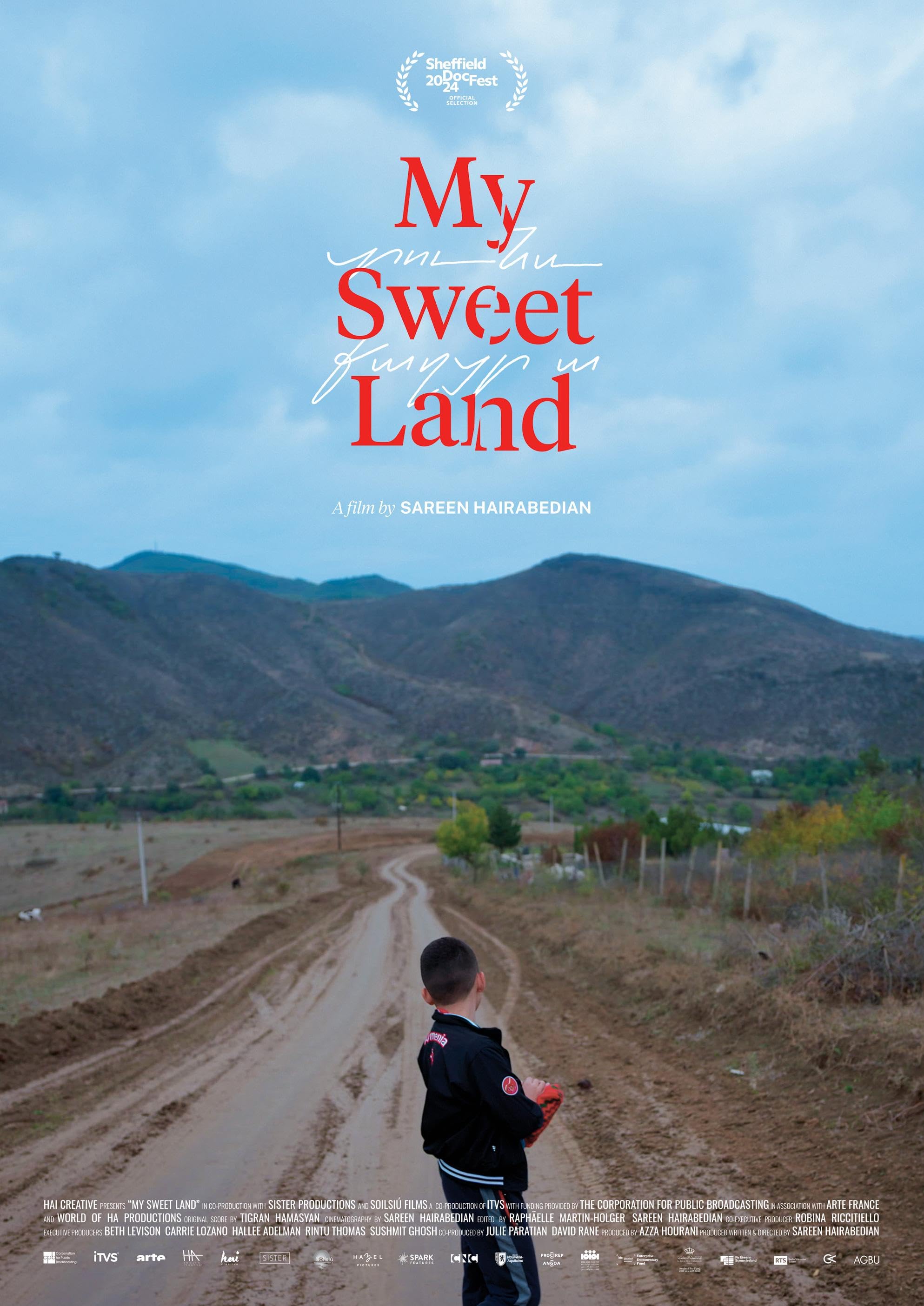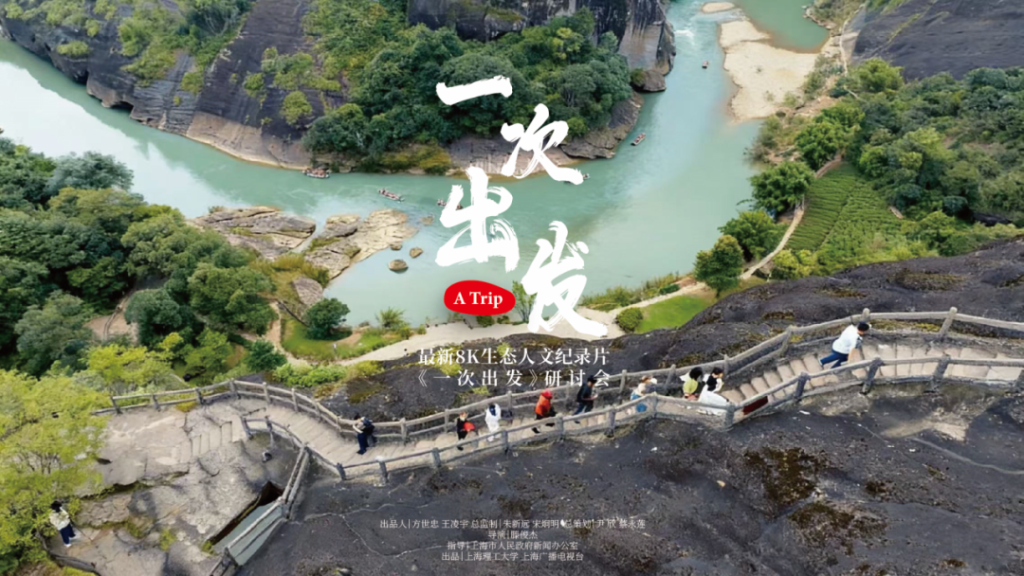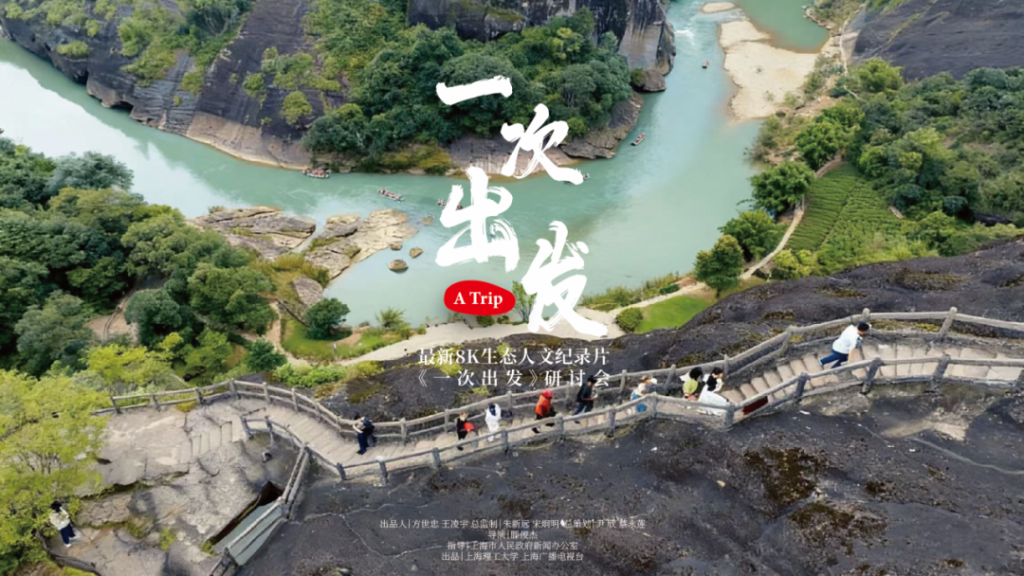
This year, a total of 89 films from various countries and regions around the world entered the competition for the 97th Academy Award for Best International Feature Film. However, four films were not included in the final list for various reasons. These were "The Sinking of the Lisbon Maru" from mainland China, "The Door is There" from Uruguay, "Kidnapping Company" from Haiti, and "My Sweet Land" from Jordan. Notably, the three films "The Sinking of the Lisbon Maru," "The Door is There," and "My Sweet Land" are all documentaries. Previously, it was known that "The Sinking of the Lisbon Maru" was disqualified due to exceeding 50% of English dialogue, but the reasons for the removal of the remaining three films were not disclosed by the Oscars.

Poster of "My Sweet Land"
Last week, more details about the documentary "My Sweet Land" finally emerged. It turned out that the film was not removed by the Oscars; rather, the Jordanian submission committee voluntarily withdrew its entry. The reason behind this decision was reported to be pressure from the Azerbaijani government.
"My Sweet Land," directed by Jordanian filmmaker Sareen Hairabedian, tells the story of an 11-year-old boy named Flee living in Azerbaijan. The Nagorno-Karabakh region, where he and his family reside, is located near Armenia and is home to a significant population of ethnic Armenians, like Flee, who are Christians. They seek to secede from Azerbaijan, gain local autonomy, and even seek to return to Armenia. For decades, the territorial disputes between Azerbaijan and Armenia have led to an environment where the residents cannot see any hope for peace.

Still from "My Sweet Land"
"My Sweet Land" is a co-production between Jordan, Ireland, France, and the United States. Although the film focuses on events in Azerbaijan and is primarily in Armenian, it was submitted by Jordan at the end of September because both the producer and director are originally from Jordan, and the film met all submission requirements. However, the film drew dissatisfaction from Azerbaijan.
From Azerbaijan's perspective, "My Sweet Land" evidently lacks the neutrality expected from a documentary and firmly takes sides with the Armenians, displaying an anti-Azerbaijan bias. Consequently, the Azerbaijani government sent a letter to the Jordanian Ministry of Foreign Affairs, urging a reconsideration of the submission of the film for the Oscars. Ultimately, under pressure, the Jordanian Royal Film Commission, responsible for selecting the entries, had no choice but to request the withdrawal of the film from the Oscars.

Still from "My Sweet Land"
In an interview with the media, director Sareen Hairabedian expressed that this decision was a significant setback for her and the entire team. “We merely wanted to tell a heartfelt story about a child’s love for family and home, yet somehow ended up facing prohibition and suppression. As a documentary filmmaker, this situation makes me even more eager to share the story of the film’s young protagonist, Flee, because it reflects what countless children around the world are experiencing today; they should be growing up freely in an environment devoid of war and conflict threats.”

Poster of "Captain Abu Raed"
It's quite an achievement for Jordan to participate in the world’s most prestigious film awards. Like many Middle Eastern countries, Jordan's filmmaking history once faced a long period of disruption. The country first submitted a film for the Academy Award for Best Foreign Language Film in 2008. That year, the feature film "Captain Abu Raed," the first film produced in Jordan in more than half a century, was selected. This was just five years after the establishment of the Royal Film Commission, which aimed to revive Jordanian cinema. In 2012, Jordan again competed for the Oscars with "Hobe," directed by Naji Abu Nowar. This debut film surprisingly reached the top five and earned an Oscar nomination for Best Foreign Language Film, which was quite an achievement.

Poster of "Amira"
This year was supposed to be Jordan's eighth submission to the Oscars, but it ended with a voluntary withdrawal. What is even more disheartening is that a similar situation occurred in 2021. At that time, the Royal Film Commission of Jordan submitted "Amira," a film jointly produced by Jordan, Egypt, and the UAE, which told a story set in Israel about Palestinian prisoners trying to smuggle sperm out of prison to continue their lineage. However, the Palestinian girl, who was the protagonist, unexpectedly learned that the sperm she smuggled came from an Israeli prison guard, not a Palestinian prisoner, which drastically changed her world. After being announced as Jordan's contender for the Oscars, the film sparked strong protests from the families of Palestinian prisoners and related human rights organizations, leading to the withdrawal of the submission by the Royal Film Commission.
Of course, "My Sweet Land," being a documentary, like "The Sinking of the Lisbon Maru," still has a chance to enter the competition for the Academy Award for Best Documentary Feature. However, before that, the film must first screen a certain number of times in theaters in the United States to qualify for the submission. Reports indicate that the production team is currently working hard to arrange this.
"My Sweet Land" premiered at the Sheffield Doc/Fest in the UK in June and subsequently won the Best Arab Documentary Award, the Audience Award, and the International Federation of Film Critics (FIPRESCI) Award at the Amman International Film Festival in July, which is believed to be one of the main reasons for Jordan's decision to submit it for consideration.


